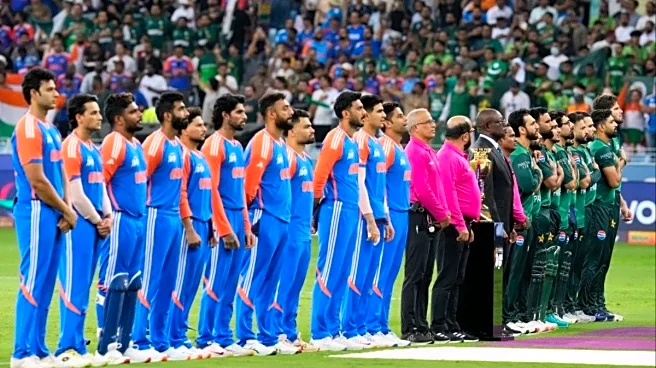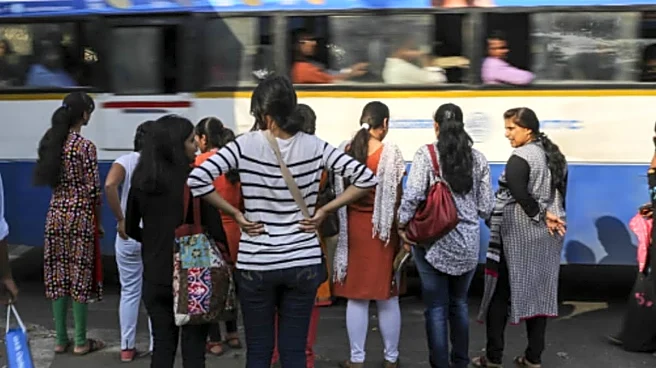Digital payment tools, including multi-currency wallets and zero-forex mark-up cards, are used for international transactions due to features such as real-time expense tracking and reduced conversion costs.
Vinay Bagri, CEO & Co-Founder of Niyo, noted that India’s outbound travel market has grown nearly fourfold in the past five years.
“Travellers are seeking digital-first ways to manage money abroad. Options such as zero-forex mark-up cards or multi-currency wallets provide transparency, control, and convenience compared to cash or single-currency forex cards,” he said.
Digital alternatives to cash and forex cards
Bagri explained that while cash and forex cards have traditionally dominated foreign travel spending, new-age options are being redesigned to address the pain points of both.
With Niyo’s zero-forex mark-up card, users load Indian Rupees and spend in over 130 currencies across 180+ countries at Visa exchange rates without hidden charges.
The cards come with add-ons such as interest on linked savings or fixed deposits, lounge access, ATM locator tools, and live currency converters.
Delivery is available within a day in major cities.
What makes the solutions attractive?
According to Bagri, the main advantages of zero-forex or multi-currency digital payment solutions include:
- No hidden mark-ups or charges
- Instant tracking of all transactions
- Direct payments in local currencies
- Digital safety compared to cash
These features are particularly useful for those who travel frequently, families managing shared spending, and students abroad.
Sitashwa Srivastava, Founder & CEO of Borderless, said that earlier, travellers were limited to cash or forex cards, both of which came with practical limitations.
“With one wallet, a traveler can hold, convert, and spend in different currencies instantly. Everything can be managed in real time, from a single app, with complete transparency and control,” he said.
He added that the ability to lock a wallet if a device or card is lost, and to track expenses as they occur, is changing how people plan and monitor their travel budgets.
Do these tools replace cash?
While digital solutions reduce dependence on physical currency, experts recommend keeping a small cash reserve and a backup card.
They pointed out that certain destinations, such as Vietnam, still operate largely as cash-first economies, so travellers should plan a mix suited to the country.
Adoption beyond travellers
The shift is also being noticed in the hospitality sector.
Claudine Triolo, Country Director of Sales, Marketing & Journeys at Six Senses Bhutan, said there has been a visible change in guest preferences. Bhutan’s integration of UPI for Indian travellers has made payments more seamless.
She said digital solutions are improving guest experiences by reducing the inconvenience previously associated with payments while travelling across locations.
ALSO READ | Andhra attracts ₹10,600 investments in tourism, Telangana eyes boom with new policies
/images/ppid_59c68470-image-17591425341806868.webp)







/images/ppid_a911dc6a-image-177082860764063168.webp)

/images/ppid_a911dc6a-image-177082857077520752.webp)




